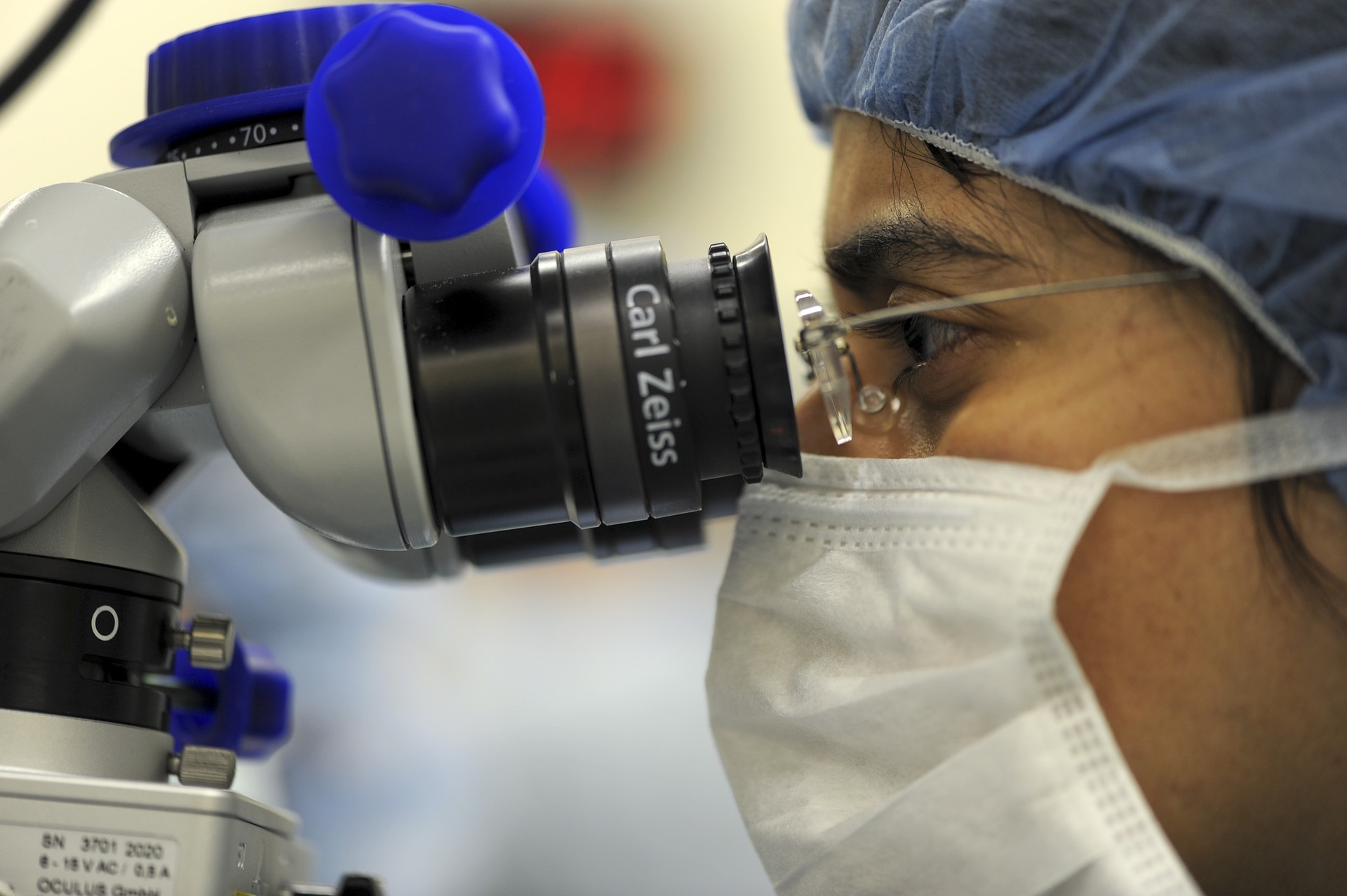Blood donors to help with kidney transplant study
Our latest research needs volunteers.
Back in February 2016, we launched a study alongside Imperial College Healthcare NHS Trust, London, to investigate whether blood transfusion is the cause of human leukocyte antigen (HLA) antibody formation in patients that have had a kidney transplant.
 Once we understand if transfusion is the cause of antibody formation, we can better match donated blood with recipients. This could have an impact on the longevity of transplanted organs.
Once we understand if transfusion is the cause of antibody formation, we can better match donated blood with recipients. This could have an impact on the longevity of transplanted organs.
The study involved testing hundreds of donors who were specifically chosen because their blood had been transfused to kidney recipients.
We wanted to see whether the transfused blood had an HLA type that corresponded to the new HLA antibody that was formed by the recipient of the blood.
Progress so far
Thanks to the help of so many participating donors, we were able to build a wealth of data and analysis that is awaiting publication. The results appear to confirm that transfused blood does cause HLA antibodies to form in many cases.
We are now working to consolidate this analysis by introducing a second phase of the investigation – involving a group of patients who have not yet had a kidney transplant, but are on the waiting list.
Help with the investigation
We have started contacting donors who, again, have donated blood used by kidney transplant patients. If you are contacted by us, please do consider participating in the study.
We are simply asking donors to provide a saliva sample that will allow us to test for HLA typing. This involves us sending you a pack in the post, which you then return to us with the sample.
The results of this second phase will allow us to confirm or refute the findings of the first study, and would also allow us to determine if antibody formation is more frequent in the group of pre-op kidney transplant patients, who have not had their immune system suppressed by transplantation drug regiments.
If you are contacted about the study and would like further information, please email REGANPA@nhsbt.nhs.uk.
